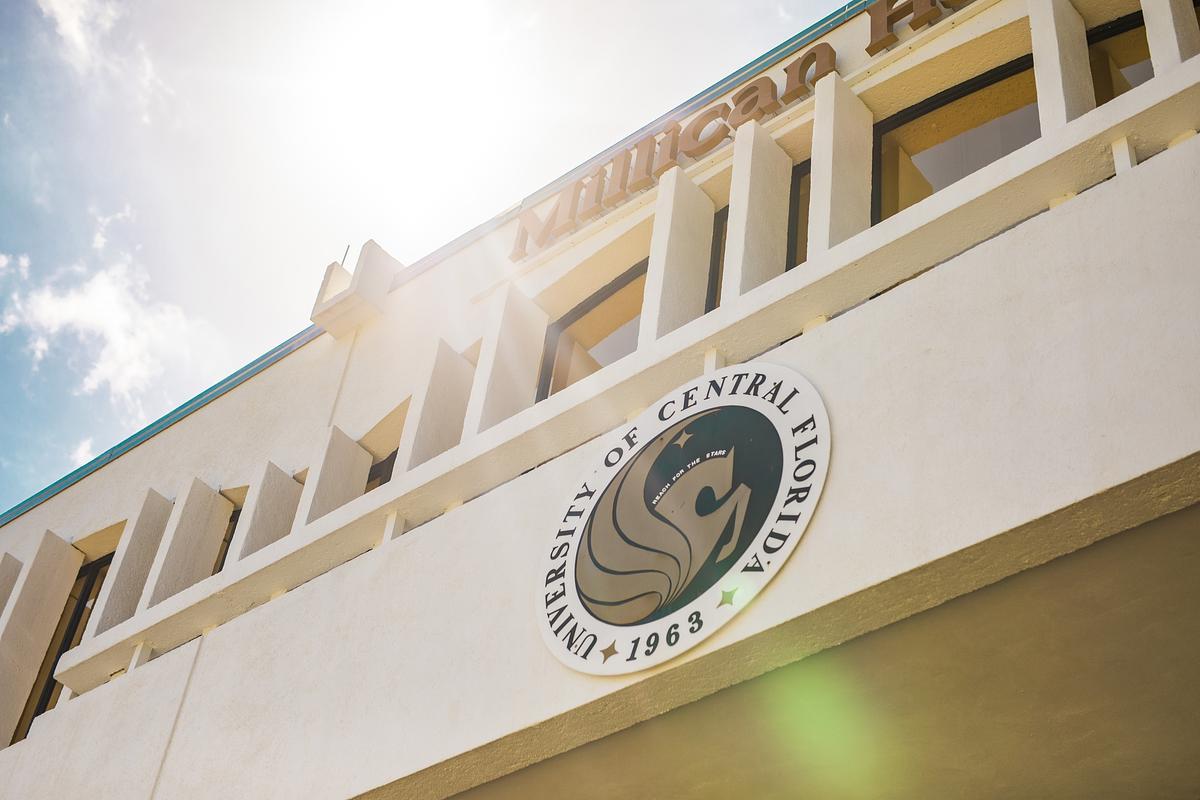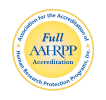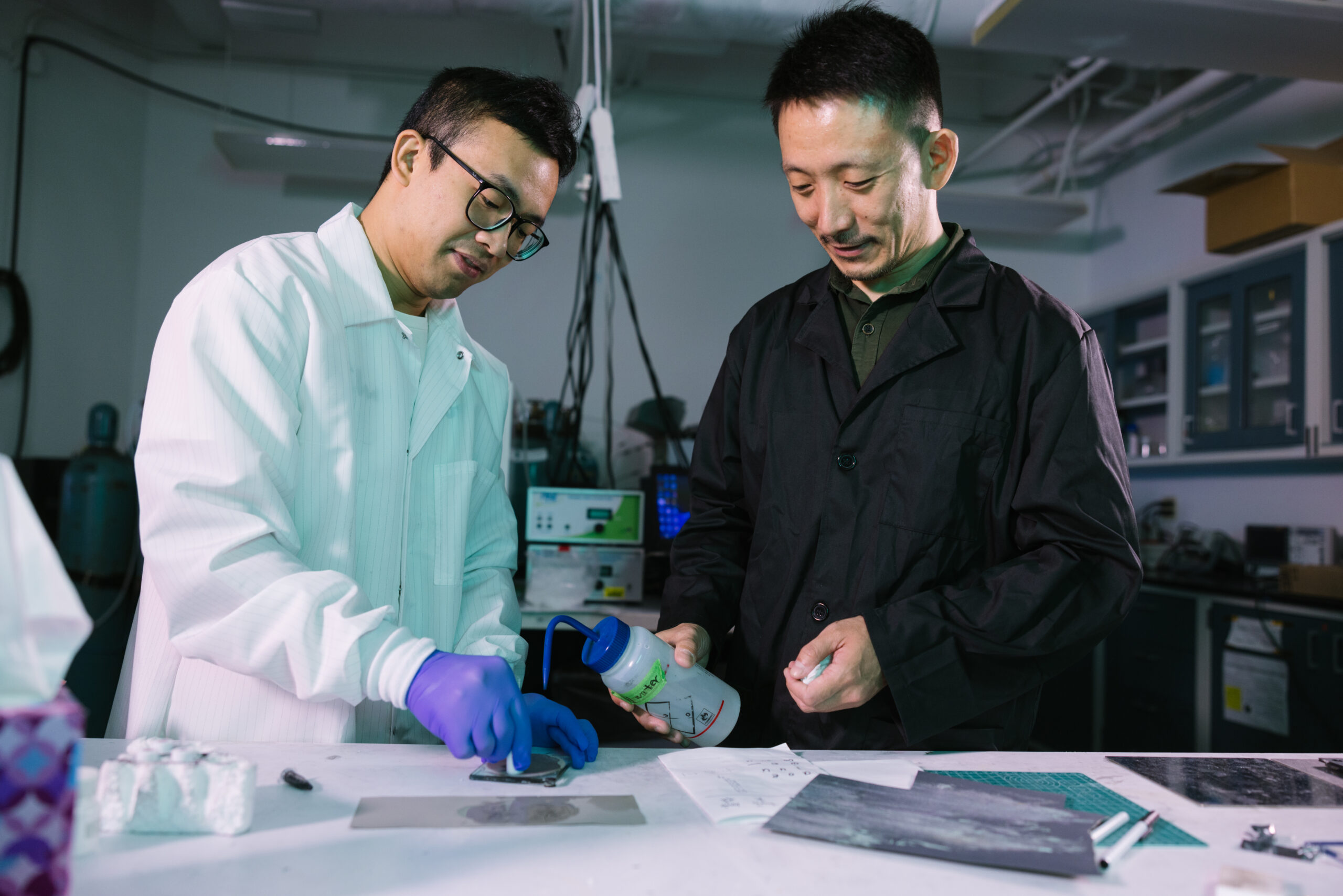Responsible Conduct of Research
“Responsible Conduct of Research is defined as the practice of scientific investigation with integrity. It involves the awareness and application of established professional norms and ethical principles in the performance of all activities related to scientific research.” (National Institute of Health, 2009).
The University of Central Florida is committed to conducting research with professional integrity and the highest ethical standards. The existence of trust within the scientific community and from the public is paramount to the successful advancement of knowledge and the growth of the university’s research program. Responsible Conduct of Research (RCR) is of paramount importance to the Office of Research at the University of Central Florida. Our goal is to increase awareness in our research community and further the practice of responsible research.

Key Services
The following activities within the Office of Research Compliance support RCR:
Research Misconduct Investigations
UCF is committed to maintaining the highest standards of integrity in research. Our office investigates allegations of research misconduct such as fabrication, falsification, or plagiarism following federal and institutional guidelines to ensure fairness and accountability.
RCR Training
The Office of Research Compliance monitors the completion of required RCR training on select sponsored research awards. This training promotes ethical research practices and ensures compliance with federal and institutional requirements.
iThenticate
iThenticate is a web-based service designed to help researchers ensure the originality of their written work. The platform allows users to upload documents which are then compared to the service’s comprehensive database.
CITI
The Office of Research provides free access to RCR training via CITI (Collaborative Institutional Training Initiative) for all UCF employees and students.

HRPP-QIA
The HRPP-QIA program is responsible for conducting periodic, routine assessments of human subjects research to determine compliance with federal, state, and UCF policies.
What is Research Misconduct?
Research Misconduct is the violation of the standards of scholarly conduct and ethical behavior in scientific research, including fabrication, falsification, or plagiarism in proposing, performing, or reviewing research, or in reporting research results. Research misconduct does not include honest errors or differences of opinion.
m.

Fabrication is making up data or results and recording or reporting them.
Falsification is manipulating research materials, equipment, or processes, or changing or omitting data or results such that the research is not accurately represented in the research record.
Plagiarism is the appropriation of another person’s ideas, processes, results, or words without giving appropriate credit.
If you have concerns regarding potential research misconduct:
- Contact UCF’s Research Integrity Officer (RIO);
- Contact your supervisor, department chair or dean; or
- Submit a report to the UCF Integrity Line
How is Potential Research Misconduct Investigated?
The University of Central Florida takes allegations of research misconduct seriously. UCF Policy 4-211.1 and the UCF Research Misconduct Assurance detail the university’s procedures for investigating research misconduct allegations.
